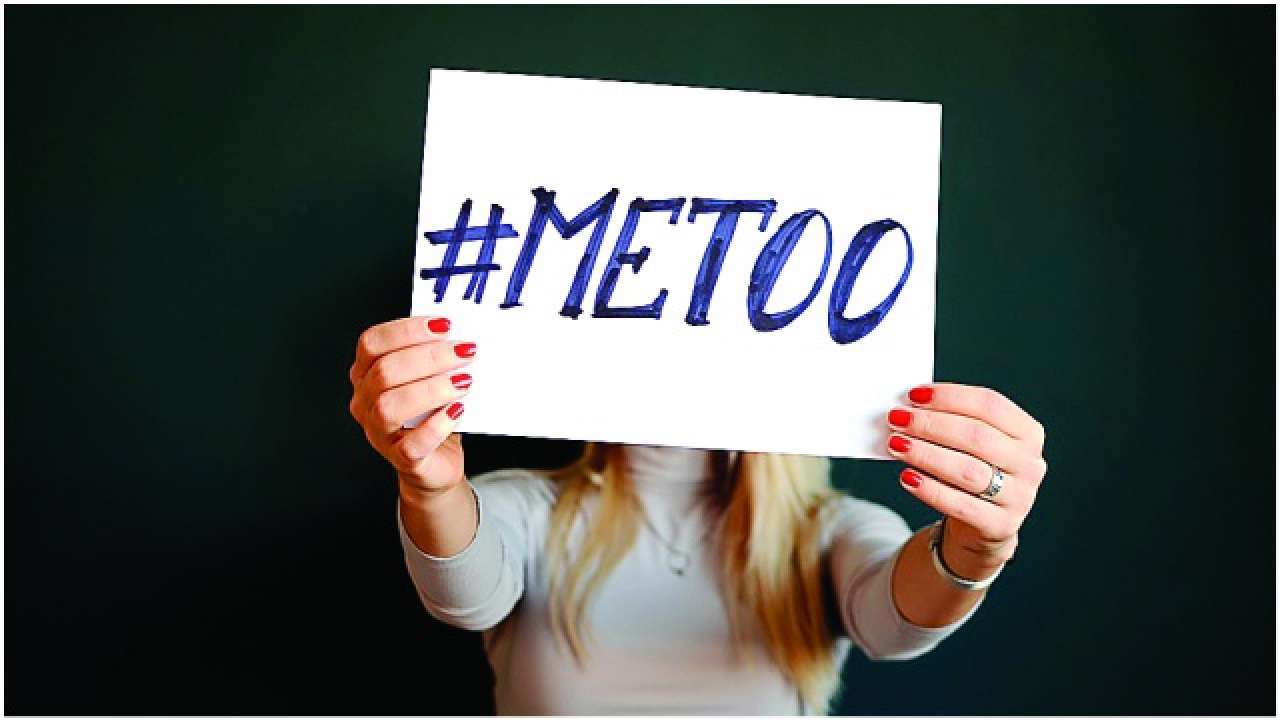
A year before the Harvey Weinstein scandal broke out in Hollywood and opened the floodgates of complaints of sexual harassment worldwide, India was registering a rising incidence of violence against women. The NCRB data for 2016 marked a 2.9 per cent increase in gender crime compared to 2015. The ripple effects of the MeToo hashtag campaign that took the social media by storm had instantaneously sparked a movement in India with the same objective: Challenge patriarchy and its attendant curse — sexual exploitation.
The Time magazine’s 2017 Person of the Year award to this global rallying cry against injustice, borne of a very real and potent sense of unrest, is both a tribute and an act of solidarity. Sadly, while the US media, politics and entertainment witnessed a purge, India’s regional film industries, and Bollywood, remained immune to the aftershocks. The casting couch phenomenon in India’s tinsel towns is as old as the star system, occasionally surfacing to provide grist to the rumour mills. Though a handful of actors, like Radhika Apte and Ranveer Singh, have gone on record, those accounts are vague and anodyne.
The Hindi film industry, like its regional counterparts, is a close-knit group where even the staunchest of rivals will protect each other’s back — or at least maintain conspiratorial silence — in the event of a #MeToo kind of backlash. Like Hollywood, it’s a male-dominated system where sexual favours are demanded in lieu of roles and a refusal means missing the ticket to stardom. Thus, for the victims speaking up could amount to bidding goodbye to a career for which they had virtually staked everything. Bollywood’s awakening is a far cry because washing dirty linen in public is a dangerous affair.